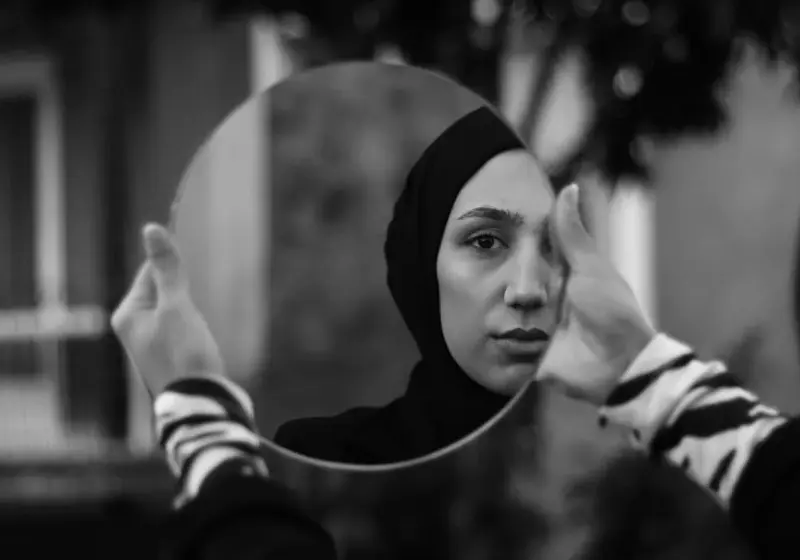In 2010, FIFA formally appointed Qatar as the host of the 2022 FIFA World Cup, beating attempted bids by the United States, Japan, South Korea, and Australia. The designation bestowed upon the Qataris by FIFA executives and officials made history, with Qatar being granted the honor of being the first-ever World Cup host to be located in the Middle East. However, with this designation, questions were immediately raised regarding many aspects of Qatar's hosting, and questions continued to be raised as Qatar prepared to host the currently ongoing World Cup.
Let us slide into your dms 🥰
Get notified of top trending articles like this one every week! (we won't spam you)Climate Conditions
Qatari temperatures were an immediate concern for the hosting of a FIFA World Cup, an event which is traditionally held in the summer and lasts approximately a month every 4 years. Qatari long summer temperatures, from May to September, are capable of climbing above 45°C, eliminating the possibility of a traditional World Cup, as play would not be at top-level and longer recovery times between matches would extend the length of the World Cup to over a month.
This controversy, however, was overcome with the 2015 FIFA approval for Qatar to host the World Cup in the fall and winter to avoid the harsh temperatures, rather than in the summer, which also stirred subsequent controversy regarding scheduling between FIFA, broadcasters, and domestic leagues.
Take the Quiz: Which Indian city is the perfect holiday spot for you!?
Let's match you with an Indian city that you would love!
Human Rights
In order to achieve the task of constructing venues for the World Cup, Qatari World Cup organizers resorted to hiring migrant laborers in order to facilitate quicker construction and offset labor shortages. These Qatari-contracted migrant laborers were employed under the "Kafala system," a migrant labor supervision system. Migrant laborers were required to have a "sponsor," or someone that would assure their legal status in Qatar.
However, the problem with this was apparent, the problem being that it was very easy to exploit migrant workers under this system. Migrant laborers would not be permitted to switch jobs or leave the country without the permission of the "sponsor," which usually also functioned as their employer.
The system was exploited, and workers were stripped of documentation and forced to continue working on the projects, even if unwilling. Approximately ~2,000,000 migrant laborers were brought to Qatar to aid in constructing the venues/stadiums, and among all those, numerous people died from Nepal, India, and many other countries.
Bribery/Corruption in Host Selection
Allegations of corruption in relation to the selection of Qatar as the World Cup 2022 host first came in 2011 by a whistleblower claiming that Qatar had bought its selection as host, a claim that was later retracted by the whistleblower. In 2014, the allegations of corruption ramped up, with claims once again surfacing that Qatar had bought its selection by bribing FIFA executives. A report on these allegations, named the "Garcia Report," later cleared Qatar of any wrongdoing in the process.
However, the claims, once again, resurfaced in 2020, with documents being obtained linking Al-Jazeera (a Qatari state-run news network) and FIFA to bribery. FIFA refused to comment on the allegations, citing the "Garcia Report" and the previous statements it had made regarding the selection of Qatar as the World Cup host in 2022. Action, however, was taken by those delving further into the issue, with the French police arresting Michel Platini, the individual who had awarded the World Cup 2022 to Qatar, for possible corruption in the selection process.
Issues Regarding Politics and Culture
There have been numerous issues pointed out by fans of the event, and they have pointed out how politics and cultural issues have been mixed into the sport and the event. Issues were bluntly pointed out regarding Qatar's hosting and the cultural implications it would have, and cultural implications it had. The lacking Qatari engagement with football/soccer led to Qatar launching a fan-engagement program that would incentivize match attendance by Qataris.
Another issue raised by fans was the majority Muslim belief in alcohol being sinful and thus impermissible at the event, despite being an integral part of fan enjoyment at the event. The Kosovo-Serbia controversy was also raised by the players themselves, with Serbian players leaving a flag hung up in their locker rooms demonstrating Kosovo as not independent, but as a part of Serbia, leading to complaints being launched by Kosovo with FIFA.
The response to the ongoing Iranian protests was also obvious in the matches Iran took part in, with their anthem during the anthem ceremony not being sung by the players and booed by Iranian fans, who also showed overwhelming solidarity with Iranian protesters with clothing, posters, and banners.
Conclusion
The 2022 FIFA World Cup Qatar, despite being an event that will bring great joy to some fans and sorrow to others, remains filled with controversy and controversy keeps formulating as the event progresses. From the Qatari bid itself to migrant workers working on making sure the selected Qatari bid was made feasible, and to political issues being brought to attention at the stadiums, the controversies remain clear and will continue to see light in this widely-watched grand sporting event.











.jpg)
